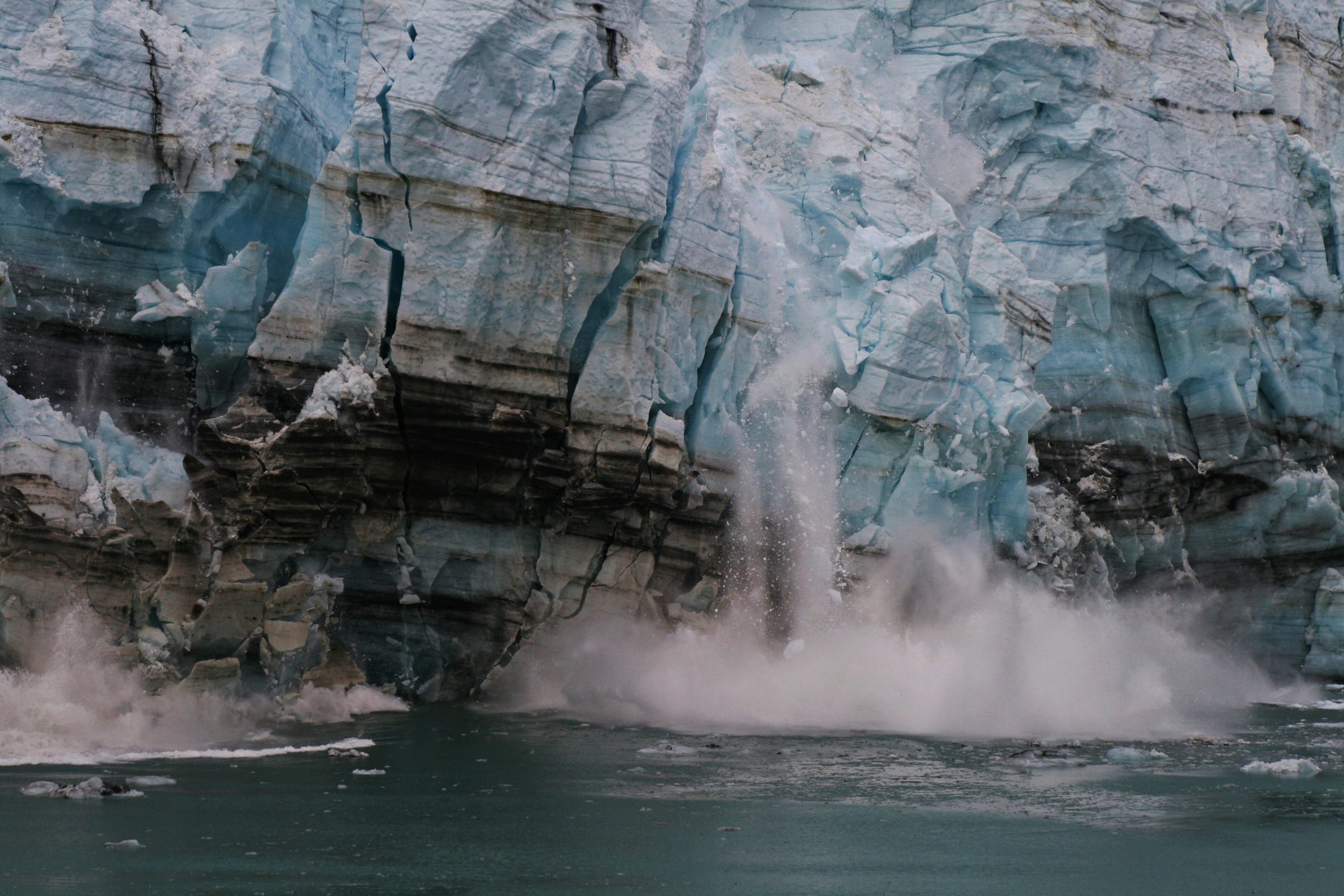Amadei Energizes Students
 Dr. Bernard Amadei, president and founder of Engineers Without Borders (EWB), roused an audience of about 200 during his October 16 presentation at the University of Connecticut. Dr. Amadei — a professor of Civil & Environmental Engineering at the University of Colorado and a member of the National Academy of Engineering — captivated a rapt audience for nearly 90 minutes,infusing his presentation with a combination of sobering facts, humor and anecdotes.
Dr. Bernard Amadei, president and founder of Engineers Without Borders (EWB), roused an audience of about 200 during his October 16 presentation at the University of Connecticut. Dr. Amadei — a professor of Civil & Environmental Engineering at the University of Colorado and a member of the National Academy of Engineering — captivated a rapt audience for nearly 90 minutes,infusing his presentation with a combination of sobering facts, humor and anecdotes.
Framed by a wide-screen display of photos and figures, Dr. Amadei alternated among different roles, from storyteller to professor to political critic and social evangelist as he engaged the audience. Arguing that engineers must conduct their craft with compassion, he said “Our charge as engineers is to increase life expectancy in the developing world.”
The planet, he said, will experience a population increase of 2 billion new citizens in the next 20 years, placing much greater demand on water, energy, food, waste disposal and other basic human needs. The difficulty of meeting this challenge was underscored by a litany of daunting statistics: across the globe, 1.2 billion people lack clean water, 2.4 billion lack adequate sanitation, 2.4 billion are at risk for malaria, 1.6 billion lack electricity and 29,000 children die daily from hunger.
 But inadequate resources are rarely the root problem, he said, alluding to issues of government policy, war, education, sustainability and the like. As wars continue to displace millions, he cautioned that the engineering of emergency refugee camps must be considered, including decisions concerning how to provide for food, water, shelter, medical care, sanitation, education and security to refugee populations for extended periods.
But inadequate resources are rarely the root problem, he said, alluding to issues of government policy, war, education, sustainability and the like. As wars continue to displace millions, he cautioned that the engineering of emergency refugee camps must be considered, including decisions concerning how to provide for food, water, shelter, medical care, sanitation, education and security to refugee populations for extended periods.
Dr. Amadei discussed the work of Engineers Without Borders and, in particular, the activities of the Mortenson Center in Engineering for Developing Communities at the University of Colorado (CU), which he directs. He described projects being carried out by EWB in various locales, including a rural village in Rwanda, where members installed solar panels that now power a hospital, providing light for surgeries, patient rooms and computers. The installation enabled the community to reduce its energy costs while improving the quality of life for residents. By training the community to install and maintain the panels themselves, the group hopes to further empower residents. He described other projects, such as bridge construction in Ethiopia, clean water/sanitation efforts in Nepal, and installation of a telemedicine network in Yanamono, Peru, where sick residents were otherwise forced to travel long distances for medical attention.
Remarking that across the globe, politicians are generally trained in law, business, diplomacy and military sciences (with the exception of China, which has a heavy concentration of engineers in government), he urged engineers to get involved in politics and business. Twenty-first century engineers, he said, must be facilitators of sustainable development, social and economic change, capacity building and appropriate technologies. “Engineers are social entrepreneurs, community builders, peace makers. . .engineers have a critical role to play in ensuring a safe world.” He adjured the audience to “Do well by doing good…Empower the poorest of the poor to get on their feet.”
 The presentation, co-sponsored by the School of Engineering and the UConn chapter of Engineers Without Borders, drew EWB members from the University of Hartford, University of New Haven, and the Hartford Professionals chapters as well as members of the Hartford Professionals Chapter of EWB, faculty members and non-engineers.
The presentation, co-sponsored by the School of Engineering and the UConn chapter of Engineers Without Borders, drew EWB members from the University of Hartford, University of New Haven, and the Hartford Professionals chapters as well as members of the Hartford Professionals Chapter of EWB, faculty members and non-engineers.
Dr. Amadei is the Founding President ofEWB – USA and the co-founder of the EWB – International network. For his efforts, he was awarded one of two 2007 Heinz Awards for the Environment, the 2008 ENR Award of Excellence, and election to the U.S. National Academy of Engineering for “the creation of Engineers Without Borders, leadership in sustainable development education, and research on geomechanics.”


